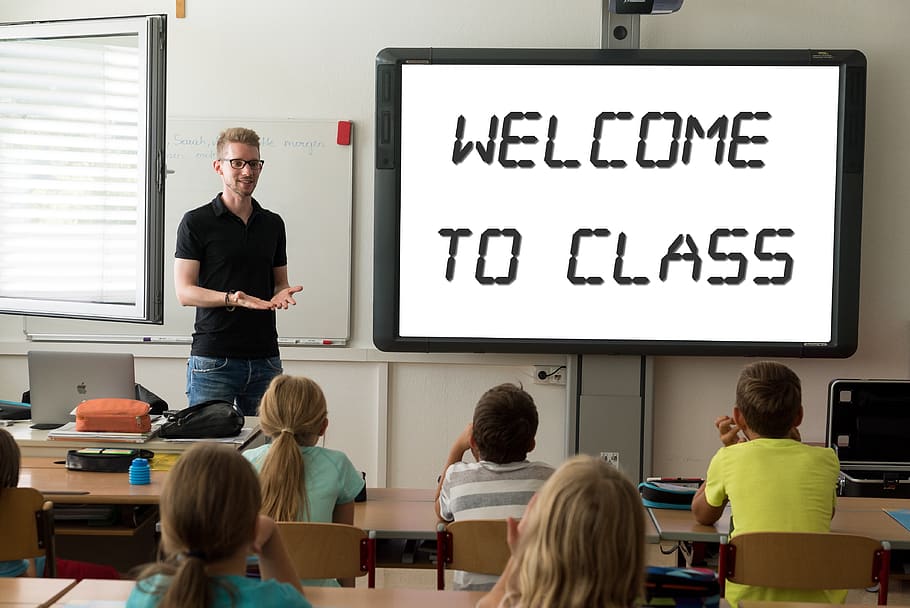Those who are in the work of teaching education specifically work with students who have needs that cannot be fulfilled in regular classes. Some students may have autism or intellectual or emotional challenges, preventing them from reaching their potential without the help of special trained teachers. In some cases, students may be blind or deaf but still need to learn basic life skills such as cooking, shopping or buying houses. These teachers can adjust class lessons to meet the requirements of various students who face learning challenges.
Work in special education teaching includes working one on one with very disabled students, being part of a team in deaf school or hospital, using music therapy. Some spend all their time in administrative positions or helping to educate or create other education teachings. Although most of the work in work in teaching education works with students who only have small defects, others have additional training so they can work with children who have speech or language problems. Others help prepare for IEP (individual education plans) that provide information to other teachers about how classrooms must be modified to help students learn with their maximum potential.
There are even opportunities for special education teaching available in hospitals, mental health facilities and doctor’s office. Candidates may often work with children who are emotionally disturbed or those who have learning challenges. There may be overlap between medical and emotional problems, making regular communication between teachers and doctors as a priority. Some work is permanent and the other is temporary. Most teachers work with children who have emotional problems get special certification or master’s degrees in the field.
Requirements for teaching education work can vary from state to country, as well as the type of work available. In Washington, DC, for example, those who are looking for work can check with special education offices and rehabilitation services. It oversees Gallaudet Univeristy, a college for deaf students, as well as American printing houses for blind people. Special education teachers can contact this office to get instructions on possible employment opportunities. Teaching work can include teacher assistants, working as a maid or become a teacher without special certification.
There are various kinds of career in teaching education. They include adaptive physical education teachers, individuals who can change the requirements of regular physical education so that children blind, deaf or physical disabilities can take part in the class. These teachers must ensure that children are still exercising, even if they are in a wheelchair. Other special education teachers include art and dance therapists, teachers who have extra training in working with emotionally disturbed children. Some special education teachers have hearing training to add their work with deaf children.
Jobs in special education teaching can be adapted with special settings, making every job a little different. Some teachers have their own classrooms and work with small groups of students. Others can go to parents’ homes and work with children who are very challenging mentally or physically on one by one. Work can be very different from one setting to other settings so it is difficult to register all types of special education teaching work.



